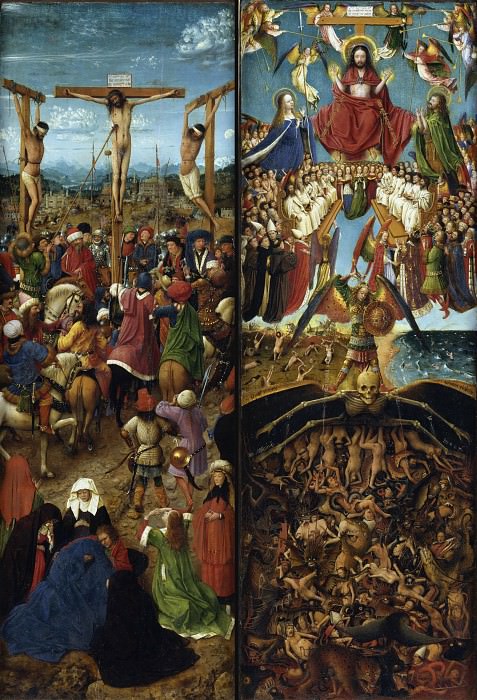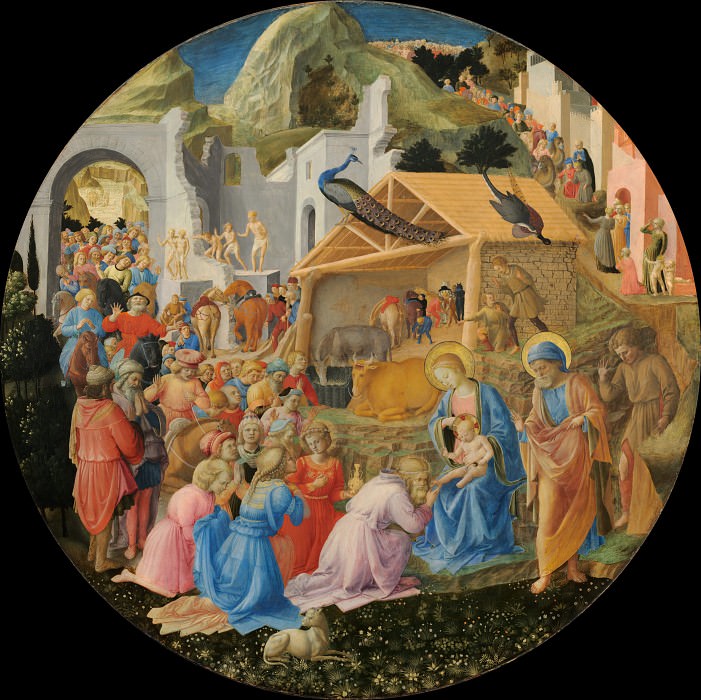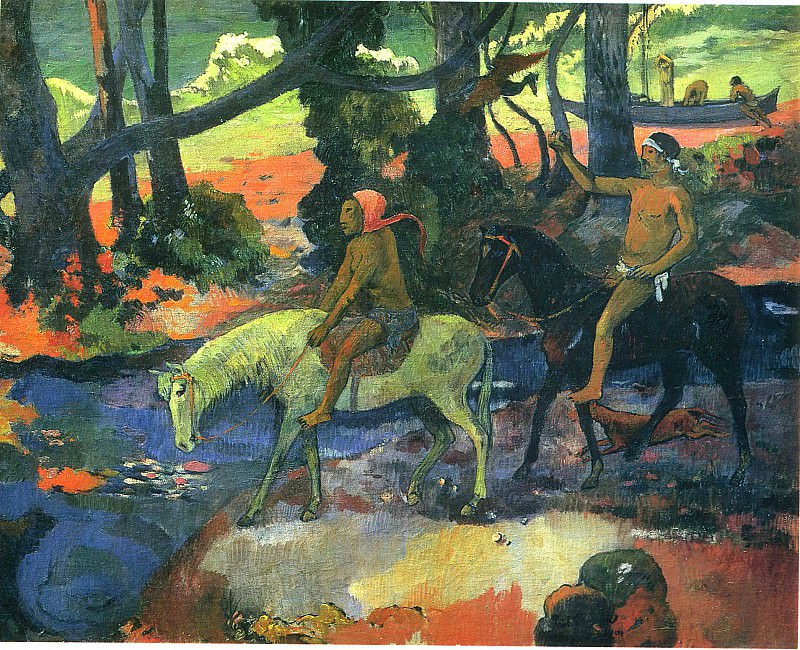The Art of Drew Struzan: A Timeless Legacy
Introduction to Drew Struzan's Art
Drew Struzan is a name that resonates with art lovers and cinema enthusiasts alike. Known for his iconic movie posters, Struzan's work has not only captured the essence of countless films but has also become a beloved part of popular culture. His unique style, characterized by vibrant colors, meticulous detail, and a deep understanding of his subjects, has made him one of the most respected and recognized artists in the world of illustration.
Early Influences and Artistic Development
Born in Oregon in 1947, Drew Struzan's journey into the world of art began at a young age. His natural talent was evident, but it was his dedication to honing his craft that set him apart. Struzan's early influences included the works of Norman Rockwell, whose ability to tell a story through art deeply inspired him. As he developed his skills, Struzan became proficient in various mediums, including oil paints, watercolors, and pencils. This versatility allowed him to experiment and refine his style, eventually leading to the creation of the distinctive look that would define his career.
Breaking into the World of Movie Posters
Struzan's big break came in the 1970s when he was commissioned to create album covers for musical artists such as Alice Cooper. His success in this field led to opportunities in the film industry, where his talent for creating visually striking and emotionally resonant images quickly caught the attention of Hollywood studios. Struzan's first major film poster was for the 1977 horror film The Town That Dreaded Sundown. This work marked the beginning of a prolific career that would see Struzan create posters for some of the most iconic films in cinema history.
The Struzan Style
Drew Struzan's art is instantly recognizable, not just for its technical brilliance but for the way it captures the spirit of the films it represents. His use of vibrant colors and dynamic compositions draws the viewer's eye, while his attention to detail ensures that every element of the poster contributes to the overall narrative. Struzan's ability to evoke emotion through his art is unparalleled, and it is this quality that has made his work so enduring.
One of the hallmarks of Struzan's style is his use of light and shadow. By carefully controlling these elements, he is able to create a sense of depth and realism that makes his characters and scenes come alive. Whether it's the warm glow of a sunset or the harsh shadows of a city street, Struzan's mastery of light adds a layer of authenticity to his work that draws the viewer in.
Iconic Works
Struzan's portfolio is vast and varied, but there are certain pieces that stand out as defining moments in his career. Among these are his posters for the Star Wars saga, Indiana Jones series, and Back to the Future trilogy. Each of these posters has become iconic in its own right, not just for the films they represent but for the way they have become synonymous with the cultural impact of those films.
The Star Wars posters, in particular, are some of Struzan's most celebrated works. His ability to capture the epic scope and emotional depth of the Star Wars universe has made these posters some of the most recognizable and beloved images in film history. The composition, the balance of characters, and the sense of movement all contribute to creating a visual narrative that resonates with fans on a profound level.
Similarly, Struzan's work on the Indiana Jones posters is a masterclass in adventure storytelling. The dynamic poses, the rich colors, and the detailed backgrounds all work together to convey the excitement and danger that define the Indiana Jones films. These posters not only capture the essence of the character but also enhance the viewer's anticipation for the adventures that lie ahead.
The Process Behind the Magic
Creating a Drew Struzan poster is a meticulous process that begins with extensive research and preparation. Struzan immerses himself in the film's narrative, watching scenes, reading scripts, and discussing the project with directors and producers. This deep understanding of the story allows him to capture the film's essence in a single image.
Once he has a clear vision, Struzan begins sketching his ideas, experimenting with different compositions and color schemes. This stage is crucial, as it allows him to refine his concepts and ensure that every element of the poster contributes to the overall narrative. Struzan's attention to detail is evident in these early sketches, which often contain intricate linework and shading that hint at the final product.
With the sketch approved, Struzan moves on to the painting phase. Using a combination of acrylics, airbrush, and colored pencils, he meticulously builds up layers of color and texture, bringing his vision to life. This stage is where Struzan's mastery of light and shadow truly shines, as he uses these elements to create depth and realism.
The final step is the finishing touches, where Struzan adds highlights, fine details, and any necessary adjustments to ensure that the poster is perfect. This attention to detail, combined with his deep understanding of the film's narrative, results in a piece of art that is not only visually stunning but also emotionally resonant.
The Legacy of Drew Struzan
Drew Struzan's impact on the world of art and cinema is undeniable. His posters have become cultural touchstones, celebrated not just for their beauty but for the way they encapsulate the spirit of the films they represent. Struzan's ability to tell a story through his art has made him one of the most respected and influential artists of his generation.
Beyond his technical skills, Struzan's legacy is also defined by his dedication to his craft. In an era where digital art and computer-generated imagery have become the norm, Struzan has remained true to traditional methods, creating his works by hand with meticulous care. This commitment to authenticity has earned him the admiration of both his peers and the public, and his work continues to inspire new generations of artists.
The Enduring Appeal of Struzan's Art
What sets Drew Struzan apart from other artists is his ability to create images that resonate with people on a deep emotional level. His posters are not just advertisements for films; they are works of art that stand on their own, telling stories and evoking emotions that go beyond the screen. This is why Struzan's work has endured for decades and why it continues to be celebrated by fans and collectors alike.
In a world where movie posters are often seen as disposable marketing tools, Struzan's art reminds us of the power of visual storytelling. His posters are windows into the worlds of the films they represent, inviting us to step inside and experience the magic for ourselves. Whether it's the nostalgia of Back to the Future, the adventure of Indiana Jones, or the epic scale of Star Wars, Struzan's art captures the essence of these stories and makes them come alive in our imaginations.
Conclusion
Drew Struzan's art is more than just a collection of beautiful images; it is a testament to the power of storytelling and the impact that art can have on our lives. Through his work, Struzan has created a legacy that will endure for generations, inspiring artists and filmmakers alike to push the boundaries of their own creativity. His posters are not just a part of film history; they are a part of our collective cultural memory, cherished and celebrated by fans around the world. The art of Drew Struzan is timeless, and its influence will continue to be felt for many years to come.

















